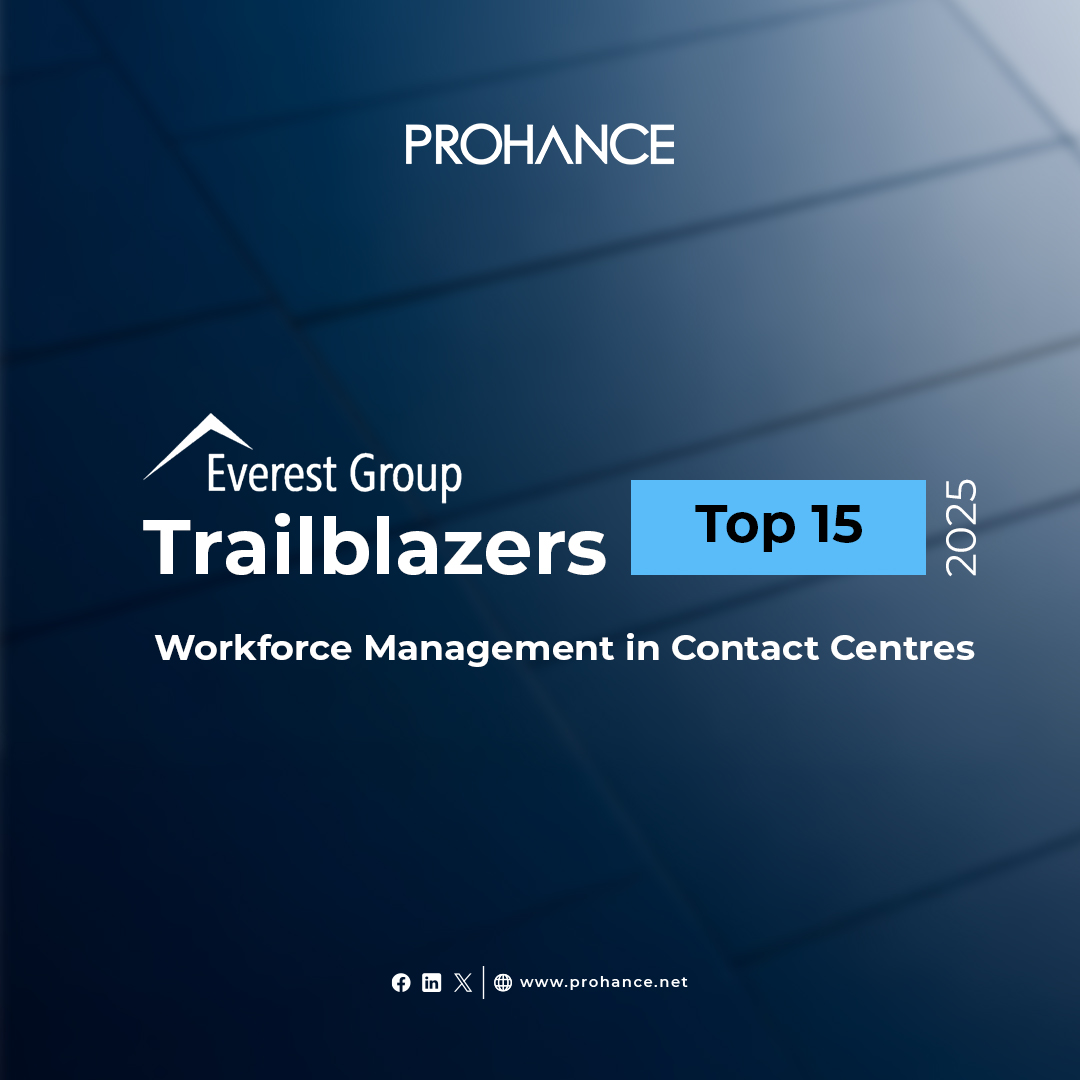Team Member Qualities That Build Stronger, More Productive Teams
Table of Contents
- Why Team Quality Matters Now More Than Ever?
- The Secret Ingredients: 5 Qualities of a Good Team Member
- Building Teams With Complementary Strengths
- The Hidden Cost of Overlooking Team Dynamics
- How to Develop These Qualities in Your Organization?
- Why Do These Qualities Matter More Than Ever?
- The Path Forward
- Frequently Asked Questions
The modern workplace has evolved dramatically over the past decade. With remote work, global teams, and shifting expectations, one thing remains constant: organizations need strong team players to thrive. Beyond individual brilliance, it’s the collective strength of teams that drives innovation and results.
But what exactly separates exceptional team players from average contributors? And how do these qualities translate to the bottom line?
Why Team Quality Matters Now More Than Ever?
The numbers tell a compelling story about team dynamics in today’s workplace:
18% of employees are more productive and 23% of organizations show higher profitability when collaboration is prioritized. When team members know their internal strength and weaknesses it can lead to better outcomes for business.
Even more striking? Top talent can be up to 8× more productive than average performers. This productivity gap explains why recruiting and developing the right team members has become a strategic priority.
The Secret Ingredients: 5 Qualities of a Good Team Member
1. They Master the Art of Active Listening
Great team players don’t just wait for their turn to speak – they listen with genuine curiosity. When colleagues share ideas, they ask thoughtful questions and build connections between concepts rather than competing for airtime.
This quality creates psychological safety – the belief that you won’t be punished for speaking up with ideas or concerns. Google’s Project Aristotle found that this was the most important factor in high-performing teams, even more important than individual brilliance.
2. They Demonstrate Reliability Through Thick and Thin
Among the most crucial attributes of a good team member is dependability, especially when challenges arise. These team players:
- Follow through on commitments without constant reminders
- Communicate proactively when obstacles threaten deadlines
- Step up during crunch times without being asked
This reliability factor helps explain why high-performing employees have an 87% lower turnover risk compared to their peers. When team members consistently deliver, trust flourishes – and with it, performance.
3. They Bring Solutions, Not Just Problems
Anyone can identify problems, but effective team member qualities include the ability to bring potential solutions to the table. Rather than dumping challenges on others’ plates, they come prepared with ideas and a willingness to implement them.
When team members actively solve problems instead of simply reporting them, progress accelerates dramatically.
4. They Adapt Gracefully to Change
The only constant in business today is change. Reorganizations, shifting priorities, new technologies – teams face disruption regularly. The best team players respond with flexibility rather than resistance.
These adaptable team members:
- Remain calm when plans change suddenly
- Help colleagues navigate transitions
- Find opportunities within challenges
Adaptable team members who minimize disruption during changes become invaluable. Their positive attitude during uncertainty helps maintain momentum when many teams would falter.
5. They Balance Healthy Competition With Genuine Support
Great team players understand the difference between productive competition that raises everyone’s game and cutthroat behavior that undermines collective success. They celebrate their colleagues’ wins as enthusiastically as their own.
This combination of personal drive and team orientation creates what psychologists call “coopetition” – a balanced approach that drives both individual excellence and team cohesion.
When team members support each other while maintaining high standards, the entire group excels.
Building Teams With Complementary Strengths
While each team member should demonstrate these core qualities, the most effective teams combine people with complementary capabilities. Research suggests optimal teams consist of 4-6 members with diverse perspectives and working styles.
Too often, managers build teams based solely on technical skills, overlooking the characteristics of good team members that enable those skills to shine. The result? Groups of talented individuals who struggle to collaborate effectively.
The Hidden Cost of Overlooking Team Dynamics
The financial implications of team quality are staggering:
- Actively disengaged cost the world $8.8 trillion in lost productivity
- Only 36% of employees feel engaged at work
- Disengaged teams show 41% higher absenteeism and dramatically higher turnover
How to Develop These Qualities in Your Organization?
The list of qualities of a more effective team member represents skills that can be developed, not just innate traits:
- Create structured opportunities for practicing collaborative problem-solving
- Recognize and reward reliability and solution-focused behavior
- Provide training on active listening and emotional intelligence
- Design team-building activities that balance healthy competition with collaboration
Organizations that systematically develop these qualities see measurable improvements in team performance. One manufacturing company reported a 32% increase in production efficiency after integrating ProHance.
Why Do These Qualities Matter More Than Ever?
With hybrid work becoming standard and teams increasingly distributed, the characteristics that make someone a strong in-person collaborator have evolved. Digital communication requires even stronger active listening skills, more explicit reliability, and heightened adaptability.
The Path Forward
Building stronger, more productive teams starts with recognizing the specific attributes of a good team member that drive performance. By identifying, developing, and rewarding these qualities, organizations create environments where both individuals and teams can reach their full potential.
The result isn’t just happier employees – though with 37% of workers rating teamwork as “very important,” that’s a significant benefit. The real payoff comes in sustained competitive advantage through faster innovation, higher retention of top talent, and ultimately, stronger financial performance.
And with ProHance solutions, you can easily build a highly engaged workforce. Book a demo today!
Frequently Asked Questions
How quickly can team dynamics improve after focused development?
Most organizations see measurable improvements within 3-6 months after implementing team development initiatives, though early positive signs often appear within weeks.
Should team member qualities be part of the hiring process?
Absolutely. Including behavioral interview questions that assess these qualities can reduce mis-hires by up to 36%, according to recruitment specialists.
Can remote teams develop the same level of cohesion as in-person teams?
Yes, though it requires more intentional communication practices and structured virtual collaboration opportunities. Remote teams often excel at documentation and clear expectation-setting.






